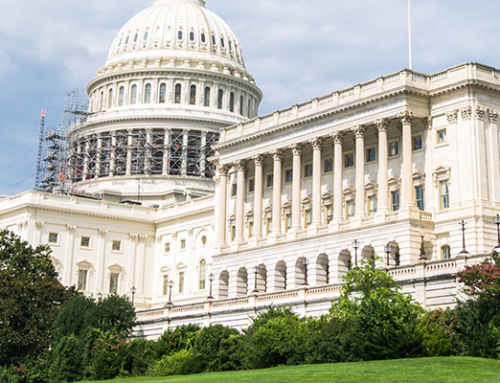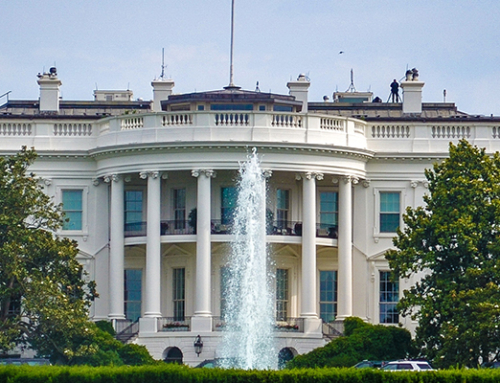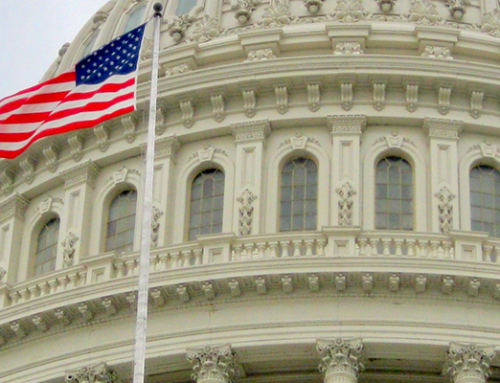On Saturday, September 30, 2023, Governor Gavin Newsom (D-CA) returned S 799 to the California General Assembly without his signature. See his veto message at SFresno_Biz23093017010 (ca.gov) In vetoing the bill Governor Newsom issued a statement that
Any expansion of eligibility for UI benefits could increase California’s outstanding federal UI debt projected to be nearly $20 billion by the end of the year and could jeopardize California’s Benefit Cost Ratio add-on waiver application, significantly increasing taxes on employers. Furthermore, the state is responsible for the interest payments on the federal UI loan and to date has paid $362.7 million in interest with another $302 million due this month. Now is not the time to increase costs or incur this sizable debt.
The veto is consistent with proper administration of Unemployment Insurance and recognizes California’s need to address the solvency of the state unemployment trust fund. The governor is also accurate in pointing out that state legislative action to increase benefit payout could jeopardize the state’s ability to avoid additional net increases in the FUTA taxes to be paid by employers as a result of the Benefit Cost Rate Add On provisions of federal law.
The bill was the subject of considerable attention in the news media, particularly as it was considered at the time of current contract negotiations in the entertainment industry. The news article Gov. Gavin Newsom Vetoes WGA and SAG-AFTRA Backed-Bill to Give Unemployment Checks to Striking Workers (msn.com) suggests that the bill was similar to law in New York and New Jersey that paid striking workers after two weeks. The actual terms of the bill only removed the disqualification from establishing benefit rights that otherwise would be applied under current law in California. It is contrary to the federal requirements of the UI administrative grant for state law to permit individuals to be paid unemployment compensation for a week or weeks unless the individual is able to work, available to work and actively seeking work. See 42 USC 503(a )(12). Individuals who are on strike (and presumably not available for work) should not be paid unemployment compensation. If the bill had been approved there would have been a significant increase in the complexity of administration of unemployment compensation for striking workers. It would have been difficult for the California Employment Development Department (EDD).
The details of unemployment insurance laws are difficult to explain in a short news articles, but important to note for employers, workers and UI administrators. As the current disputes in the entertainment and auto industries are negotiated and resolved it is important to pay attention to details, including:
- When did the labor dispute first become the reason for unemployment of the applicant?
- How should employers, unions and the states identify the individuals who may be unemployed due to the labor dispute? The SIDES system does provide for a coding for labor dispute applications.
- When did the labor dispute cease being the reason for unemployment?
- Does a notice of replacement of an individual (temporary or permanent) mean that the labor dispute is no longer the reason for unemployment?
- Does the state law permit the payment for weeks retroactively, and if so, how are weekly eligibility issues determined?
All of these issues may be difficult to determine within the normal time frames contemplated by US DOL performance guidance and may increase the percentage of improper payments for a state.
Employers and their representatives should also pay close attention and protest charges to their accounts in a timely way if the charges were associated with payments to individuals who were unemployed due to the labor dispute.






